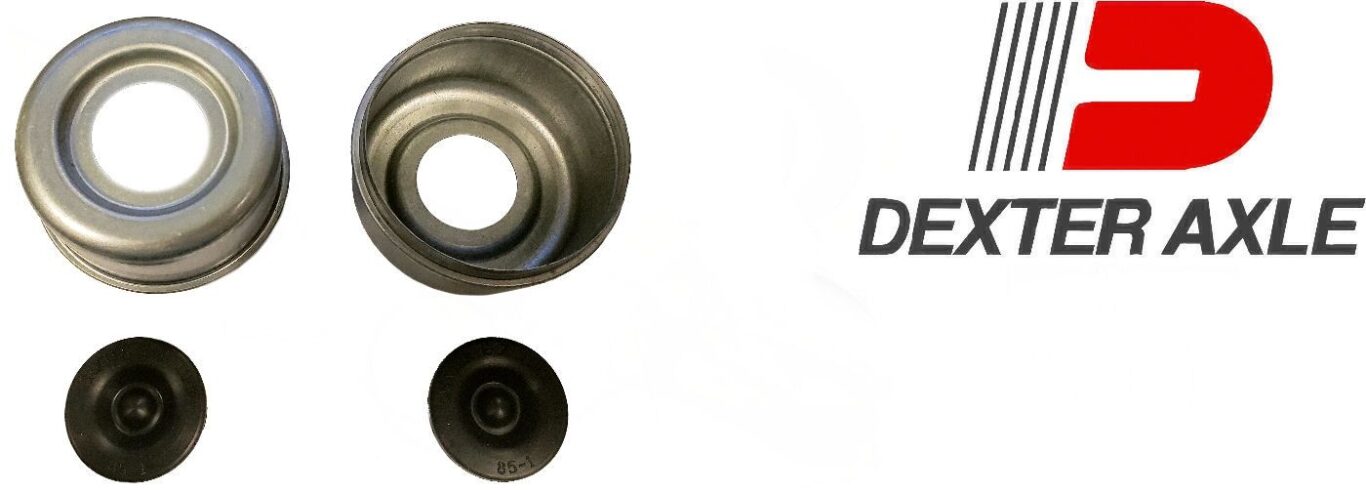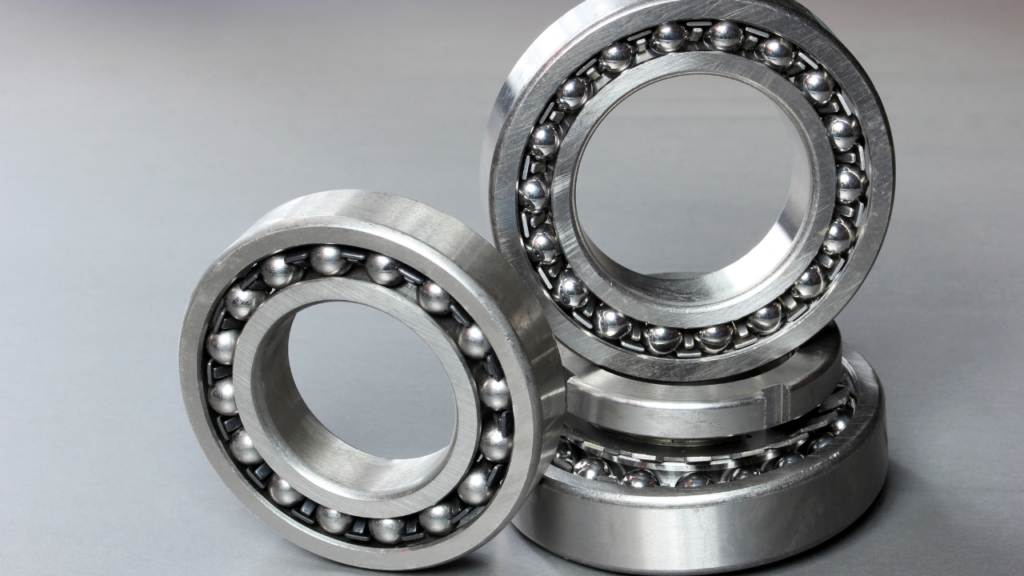Few Reasons to Immediately Replace Missing Oil Caps
From a Dexter axle hub cap to an oil cap, there are so many components that get overlooked. It’s easily done and a lot of the time, you wouldn’t know they existed. Unfortunately, there are some parts of an engine that should never be overlooked or neglected. Oil caps are one such item. Investing in a new oil cap can be incredibly smart and necessary because the repercussions can be expensive (not to mention risky). So, here are a few good reasons to replace your missing oil cap immediately.
A Fire Can Happen
A lot of people think a missing oil cap isn’t a big such a big deal and that there’s no need to purchase a replacement. Some drivers actually stuff a rag or tape into the place the oil cap should be. It’s not as silly as it seems, however. This is something hundreds do across the country every day. Unfortunately, this can cause a fire. It’s a very real possibility and can happen, so don’t take the risk. It’s one of the biggest and simplest reasons to replace a missing oil cap.
Letting Debris Infiltrate Your Oil
A missing oil cap is a major headache waiting to happen because it exposes the oil to debris. For example, you drive the vehicle without the oil cap which allows dust and water vapour to seep into the oil. These things might seem harmless but can cause serious engine damage. It typically results in you having to replace or repair the engine which isn’t necessary if you buy a new oil cap. Like a Dexter axle hub cap, a replacement oil cap can keep the vehicle running smoothly.
Repairs are More Likely to be Necessary
Engines are delicate machines that need constant care and attention, and a simple missing oil cap can spell disaster. For instance, a vacuum leak can occur because of the missing oil cap which can kill an engine. Repairing or replacing the engine (depending on the severity) can be incredibly costly and not something that most can afford. That is why you should replace any missing components on your vehicle, especially an oil cap.
Buy a Quality Cap to Ensure Longevity
Oil caps are not major components of a machine and yet they play a crucial part in its existence. Remove the oil cap and your entire engine is at risk. It boggles the mind but highlights the importance of proper care and routine maintenance. You should always inspect the vehicle once a month to ensure everything’s in good order. As soon as you notice a missing oil cap, replace it with a new but high-quality one. It makes a difference to your engine.
Keep Your Engine in Good Order
In conclusion, when it comes to enclosed trailer accessories, the importance of components like oil caps cannot be overstated. A missing oil cap might appear insignificant, but its absence can lead to serious consequences such as fire hazards, engine damage, and costly repairs. Therefore, promptly investing in a replacement oil cap of high quality is imperative to safeguard your vehicle’s health and longevity. Just as you would prioritize replacing a missing Dexter axle hub cap, ensuring the presence of a replacement oil cap is crucial for maintaining optimal engine performance and preventing potential hazards and expenses in the future.…







